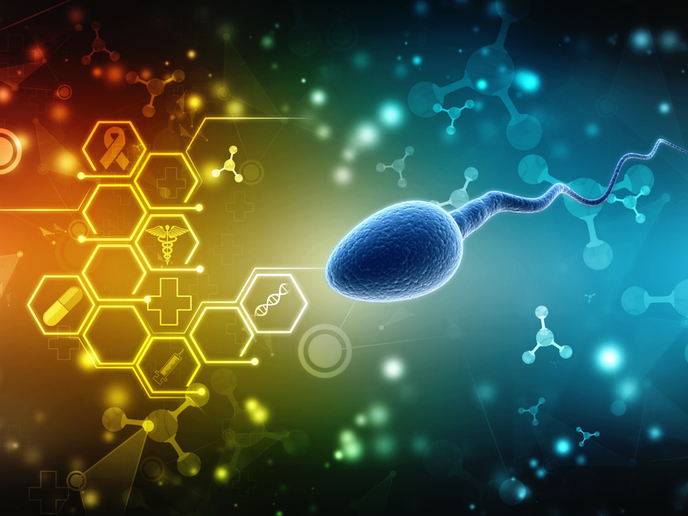Linking DNA mutation and risk of psychosis and autism
CNVs are large enough to be identified using cost-efficient genome-wide search techniques. However, it is currently not as simple to identify rare DNA mutations that may confer a large proportion of the overall genetic risk to diseases. Genetic epidemiology suggests that autism, bipolar disorder (BD) and schizophrenia are highly heritable and share susceptibility genes. De novo CNVs are seen more often than expected in individuals with autism, and it is known that rare chromosomal aberrations account for a small fraction of schizophrenia and BD. Recurrent spontaneous mutations at multiple sites across the genome may be a prime cause of these disorders. Partners in the 'Copy number variations conferring risk of psychiatric disorders in children' (PSYCHCNVS) project have translated key instruments for diagnosing schizophrenia, BD and autistic individuals. These include the Autism Diagnostic Interview, Revised (ADI-R) interview and the Kiddie Schedule for Affective Disorders and Schizophrenia for School-Age Children--Present and Lifetime (K-SADS-PL). Subjects were recruited for a genome-wide scan for variants conferring risk of psychosis and of autism. In total, more than 3 000 subjects were recruited and samples were genotyped. Partners were trained in analysing array data, both SNPs and CNVs, by geneticists. Single nucleotide polymorphisms (SNPs) and CNVs were tested for association with autism, schizophrenia and psychosis. Meta-analysis of the PSYCHCNVS data together with data from other collaborators have helped shed new light on the aetiology of psychotic disorders. The team demonstrated that age of the father at conception is a dominant factor in the mutation rate and important in the risk of development of diseases like schizophrenia and autism. The results were published in Nature, see 'Rate of de novo mutations and the importance of father's age to disease risk'(opens in new window) . The PSYCHCNVS consortium uncovered several common variants conferring risk of schizophrenia and BD. In a meta-analysis, three loci were associated with schizophrenia with a follow-up meta-analysis adding two markers associated with schizophrenia. Another meta-analysis associated a common variant with psychosis; the marker is within a CNV locus previously associated with psychosis and autism. Also, PSYCHCNVS samples contributed to the replication and expansion of the range of variants associated with the ZNF804A gene7 by associating rare CNVs, disrupting the gene, with psychosis. Researchers noted that no common variants were found conferring risk of autism. They tested variants associated with autism by other groups but were not able to replicate the findings. By estimating de novo mutation rate and by uncovering both rare and common variants conferring risk, PSYCHCNVS outcomes have contributed to a better understanding of the genetics of psychiatric disorders and the basis of the pathology. Project discoveries have already impacted the scope of related research projects. Study findings contribute to the current understanding of the basis of the pathology of psychiatric disorders, a development that will hopefully prove useful in drug discovery.







